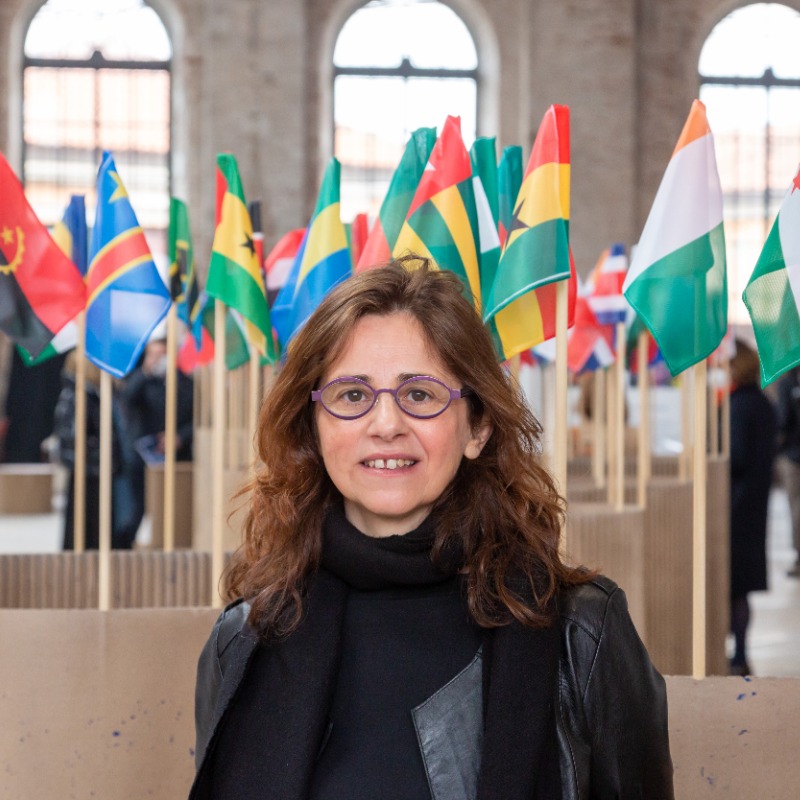Francesca Santoro
Francesca is Senior Programme Officer for Ocean Literacy at the Intergovernmental Oceanographic Commission (IOC) of UNESCO where she is also coordinated the Ocean Literacy With All UN Ocean Decade Programme. Francesca holds a PhD in analysis and governance for sustainable development from the School for Advanced Studies in Venice (SSAV) with specialization in marine environmental sciences, marine governance, science education and communication. Francesca joined UNESCO in 2011, and before she worked as lecturer for the University Ca' Foscari of Venice. She worked as well for several international research centers such as the Euro-Mediterranean Centre for Climate Change, the International Marine Centre, the National Oceanography Centre, and the Joint Research Centre.
IOC-UNESCO
The Intergovernmental Oceanograhic Commission of UNESCO promotes international cooperation and coordinates programmes in research, services and capacity-building, in order to learn more about the nature and resources of the ocean and coastal areas and to apply that knowledge for the improvement of management, sustainable development, the protection of the marine environment, and the decision-making processes of its Member States.
Presentation overview
Many people are unaware of the importance of the ocean and its intrinsic connection to life on Earth. The ocean provides the oxygen we breathe and absorbs carbon dioxide from the atmosphere, and is crucial for many processes in Earth systems such as food supply and climate regulation. It is also essential for humanity as it contributes to diverse aspects of our economy, well-being, politics, medicine, global trade, food, recreation, cultural heritage and many other sectors. Ocean Literacy has grown to encompass more than educating or informing the public or marine and maritime stakeholders about the importance of the ocean. Ocean Literacy is radically evolving from its initial application in formal educational contexts into an approach for society as a whole that catalyzes actions to protect, conserve and sustainably use the ocean. The inclusion of Ocean Literacy in the curriculum creates what is hereafter referred to as a ‘blue curriculum’, helping learners to understand the importance of ocean life and features (physical, chemical, geological, etc.) and ocean–human interactions, and underscoring that the ocean is part of the planet. By enhancing schools’, teachers’ and students’ knowledge about the ocean, in turn, a blue curriculum may advance knowledge and show the need to preserve and care for ocean resources, therefore supporting better decision-making by society as a whole.


